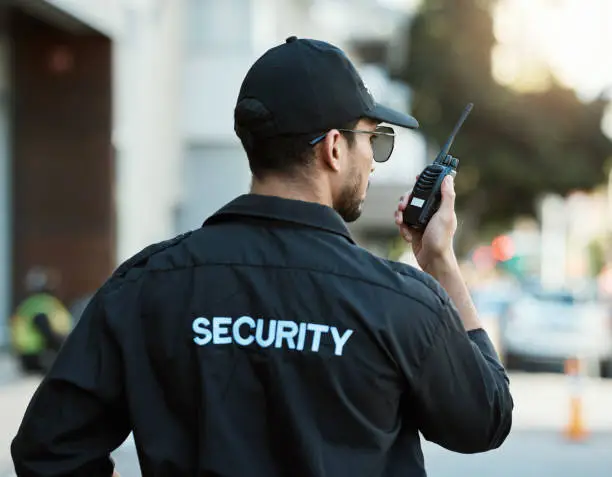What Are the Most Common Features in Warehouse Security Guard Services?
Warehouse security is crucial for maintaining the safety and integrity of goods and facilities. In today’s world, where the value of inventory and equipment can be substantial, investing in warehouse security guard services is a crucial strategy. But what exactly do these services entail, and what features are essential for ensuring comprehensive protection?
Comprehensive Patrols and Surveillance:
One of the cornerstone features of effective warehouse security guard services is regular patrols. Guards are tasked with conducting scheduled and random patrols throughout the facility to deter potential threats and detect anomalies. The patrols are complemented by surveillance systems, which include CCTV cameras strategically placed to cover critical areas such as entrances, exits, and storage zones.
Access Control Systems:
Access control is a
fundamental aspect of warehouse security. This system ensures that only
authorized personnel can enter specific warehouse areas. Features include:
- Electronic Keycards: Employees use keycards or
biometric scanners to access restricted zones.
- Visitor Management: Detailed logging of
visitors and temporary access permissions.
- Real-Time Alerts: Instant notifications for unauthorized access attempts.
Emergency Response Capabilities:
A well-rounded security
service includes protocols for emergencies. Guards are trained to handle
various emergencies, from medical incidents to fire outbreaks. Key elements
are:
- Emergency Contact Protocols: Clear procedures
for contacting emergency services.
- Training Drills: Regular drills to prepare for
different scenarios.
- First Aid Knowledge: Guards equipped with basic first aid skills.
Incident Reporting and Documentation:
Effective incident
reporting is crucial for analyzing and improving security measures. Warehouse
security services include:
- Detailed Incident Logs: Recording all unusual
activities or breaches.
- Incident Reports: Comprehensive reports
following any security events.
- Data Analysis: Reviewing reports to identify patterns and enhance security protocols.
Integrated Security Systems:
Modern warehouse
security often involves integrating various systems for enhanced protection.
These include:
- Alarm Systems: Integrated alarms that trigger
alerts for unauthorized access or other security breaches.
- Fire Detection: Systems that monitor for smoke
or fire alert guards and emergency services.
- Environmental Sensors: Detecting changes in temperature or humidity that could indicate problems.
Technology and Innovation:
Technological
advancements play a significant role in modern warehouse security. Innovations
include:
- Drones: For aerial surveillance and monitoring
of large areas.
- Smart Locks: Allowing remote access control
and monitoring.
- AI and Machine Learning: Enhancing the analysis of surveillance footage and identifying suspicious behavior.
Regular Security Audits:
Regular audits are essential to ensure that security measures remain effective. These audits evaluate the performance of security systems and personnel, ensuring compliance with industry standards and identifying areas for improvement.


.png)
Comments
Post a Comment